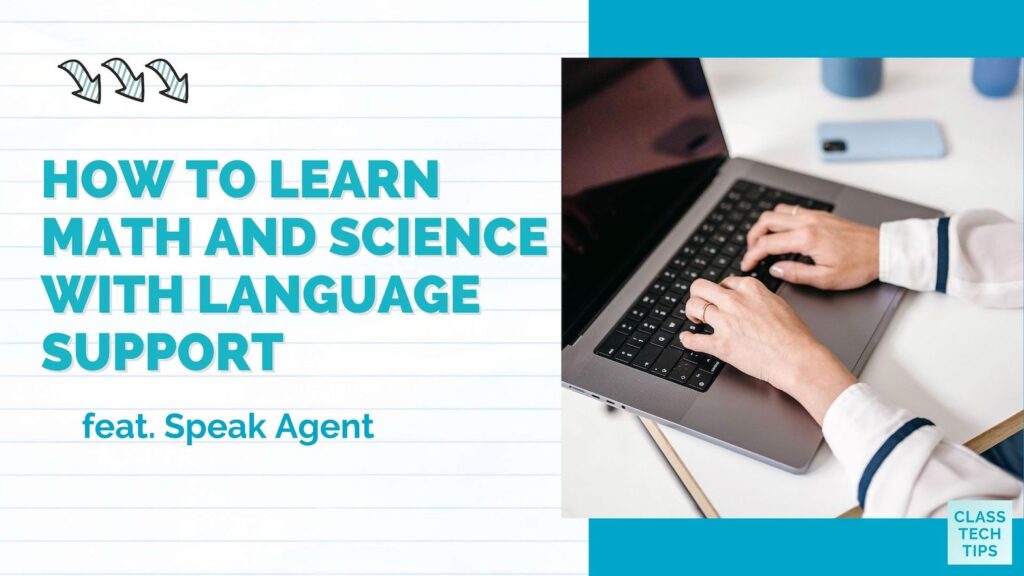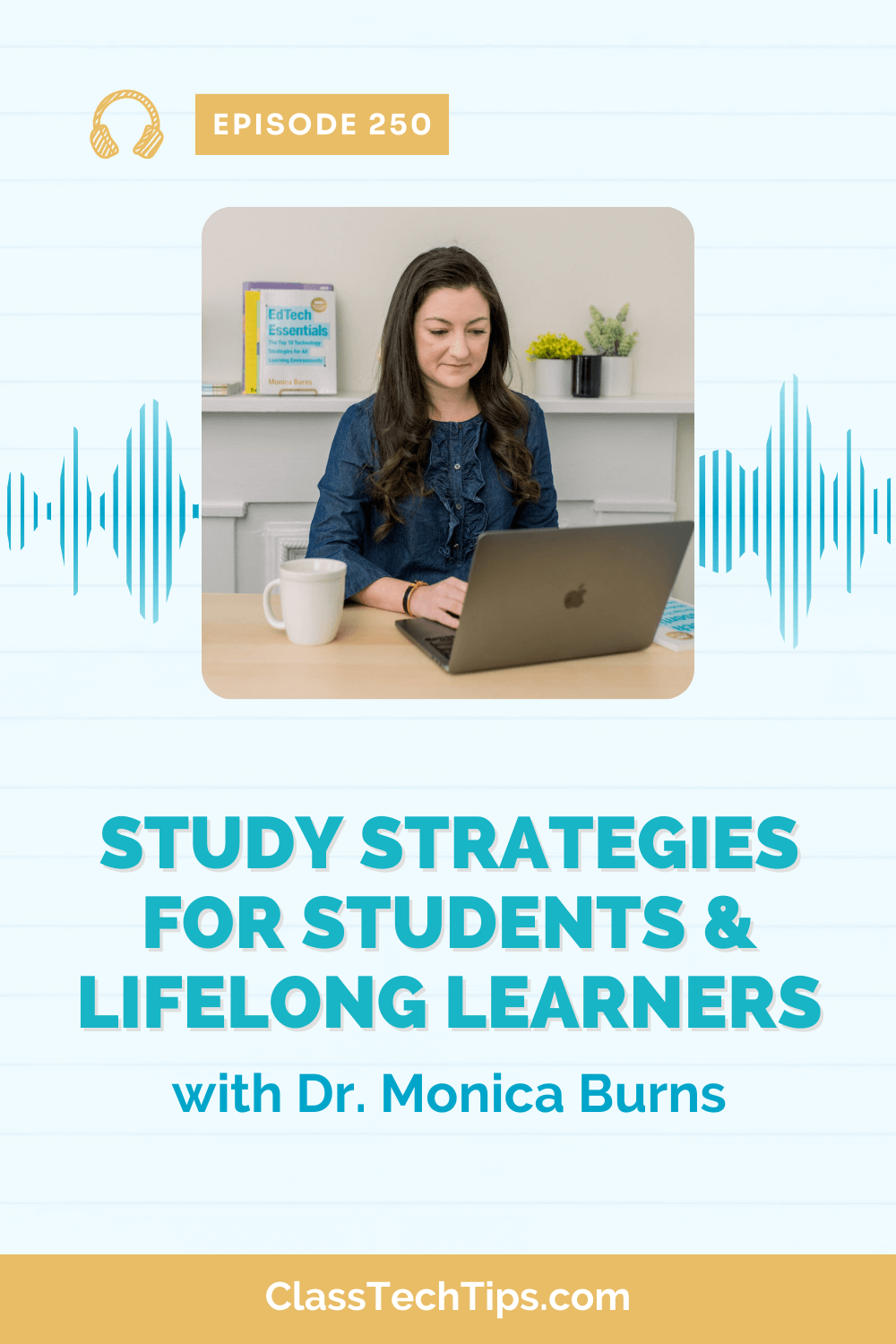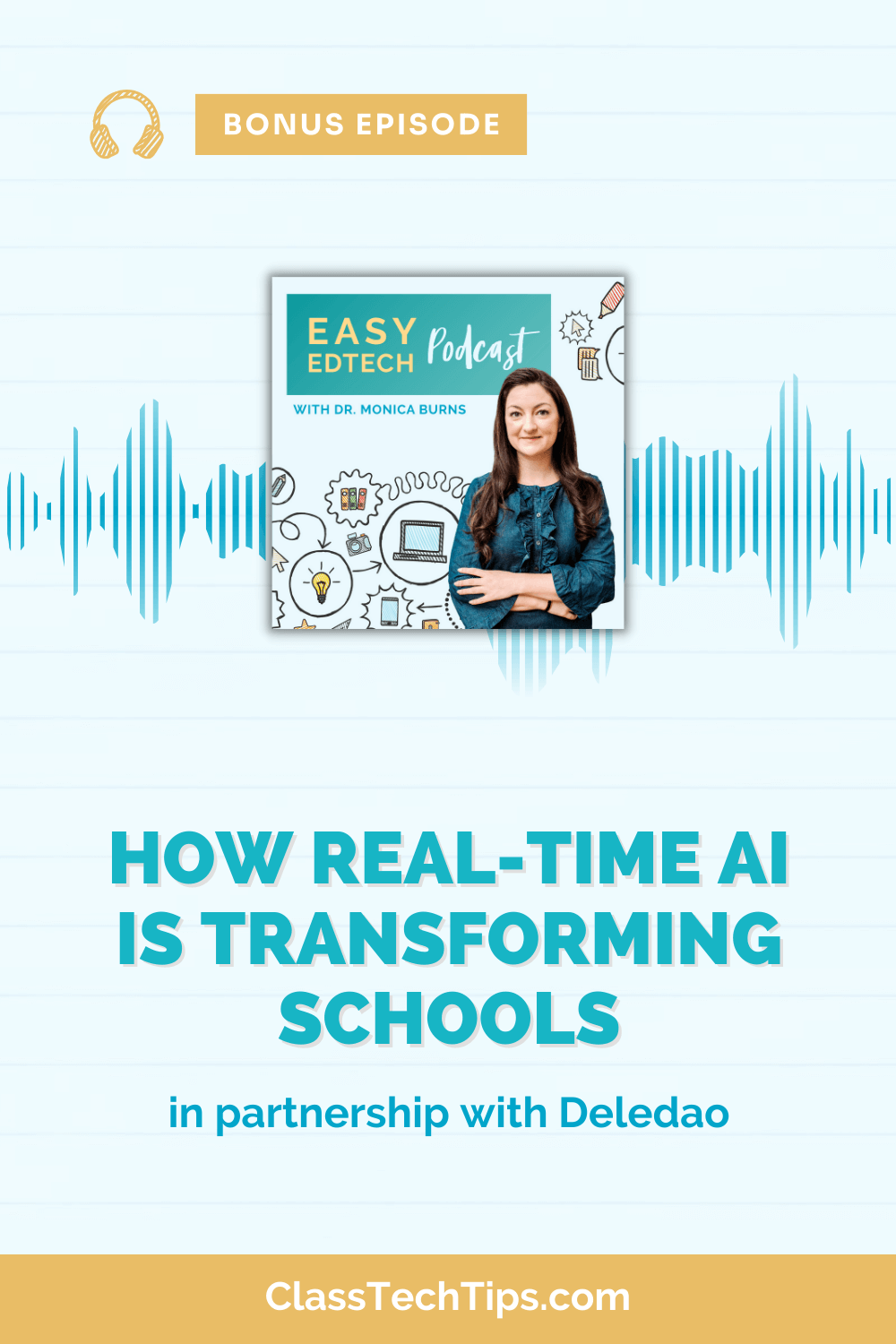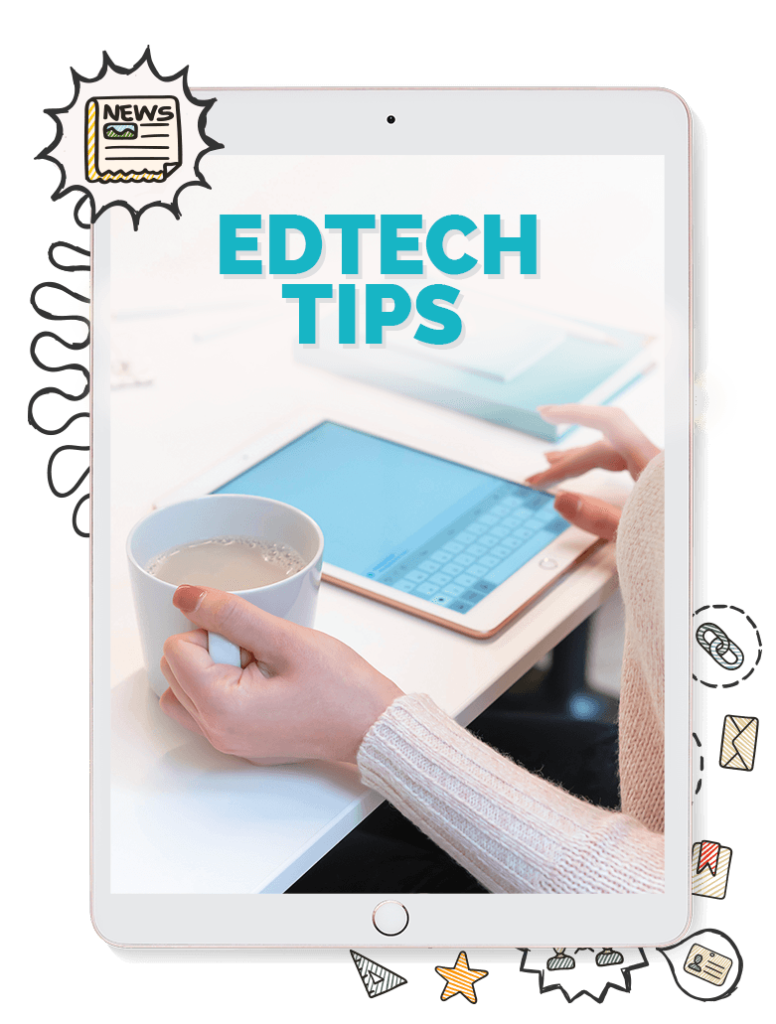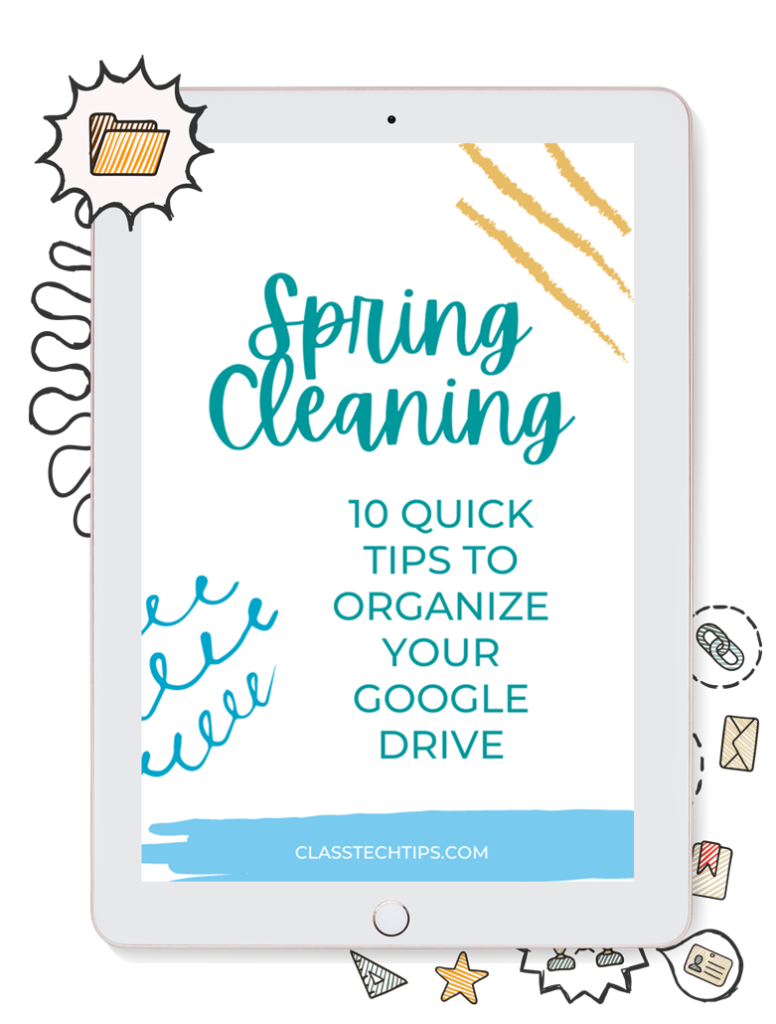As a classroom teacher, I taught a variety of subjects, including math. During this part of the day, students spent time exploring all kinds of topics. If you spent time with me at a conference or workshop this year, I often share how I started my career using an overhead projector. This was definitely true during mini-lessons, where I introduced new strategies and worked to help students learn math concepts around various topics.
Digital tools can help take our instructional practices to the next level and reach students who need diverse levels of support. In today’s blog post, I’m excited to share Speak Agent with you. It’s an online tool for students and teachers that focuses on supporting students’ academic language growth. Understanding academic language is integral to setting up students for success with science and math content, reasoning, and modeling.
Learn Math and Science with Language Support
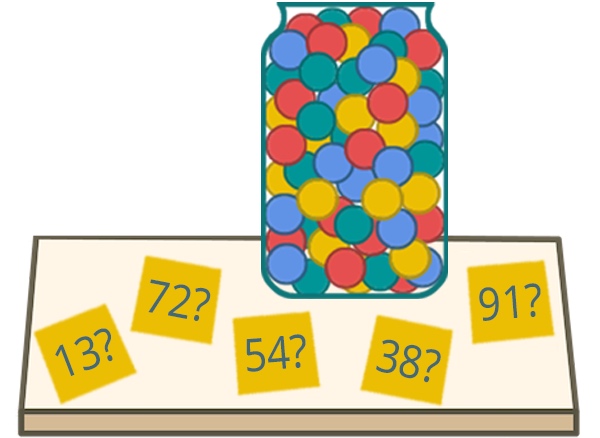
The team at Speak Agent has programs designed to support students working to strengthen their math skills and understanding of science concepts. These online resources can supplement blended learning instruction or distance learning initiatives.
Math+Language K-5 and Math+Language 6-8 add listening, speaking, reading, writing, and visual supports to online math instruction. It integrates multimodal academic language activities and real-world math stories into instruction. So students can access reading and writing scaffolds alongside tools that allow them to create and share their math problems.
Science+Language K-5 and Science+Language 6-8 provide language scaffolds for students and help them develop scientific communication skills. It delivers tools for investigating phenomena, explaining the reasoning, and even support when writing and refining claims and conclusions. These features can help students grow their communication skills as they talk about scientific concepts. And at the same time, it can increase opportunities for reading and writing connections.
Supplemental Resources for Math and Science
When I’m looking at new programs that supplement the traditional curriculum, I always want to make sure they aren’t adding to a teacher’s workload. One of the things that caught my attention when first learning about Speak Agent’s programs is how it fits into both your curriculum and the logistics of your day.
The programs are designed to align with your content and language learning goals. This can make it an easy fit into your lesson plans. In this post on their website you can find more details on how Speak Agent’s resources can save you time. For example, Speak Agent’s platform has unit-level and standards-specific connections to the content you are already teaching. It also includes formative assessment opportunities so you can gather information on student understanding as your class works through activities.
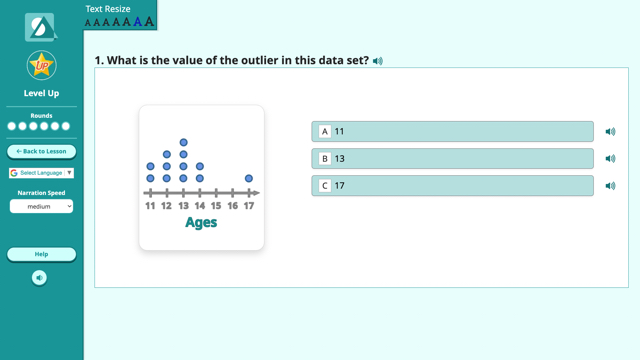
Getting Started with Speak Agent
In addition to the resources I mentioned above for elementary and middle school-aged students, there is also a set of high school resources from Speak Agent called Multilingual High School. This program can supplement math and science courses at secondary grade levels, including those typically required for graduation. Multilingual High School is a spiral learning program. It consists of independent practice activities related to key STEM concepts and content knowledge, modeling and reasoning skills, and STEM communication.
Ready to explore the Speak Agent’s resources to help students learn math and science concepts this school year? This landing page includes information on each of the programs, research on program success, and a video overview. You’ll also find a link to schedule a call to learn more about Speak Agent’s programs and how they align with your goals this school year!
Find more posts on Math and Science:
- How to Use Digital Math Tools With Your Students with Naomi Church – Easy EdTech Podcast 110
- How to Use Comic Strips in a Science Classroom
- Using Tech to Help Students Overcome Math Anxiety with Allison Dillard – Easy EdTech Podcast 187
- Technology Resources for Science Experiments – Easy EdTech Podcast 006
